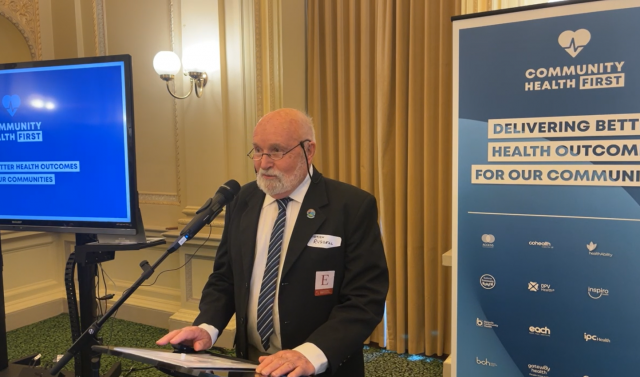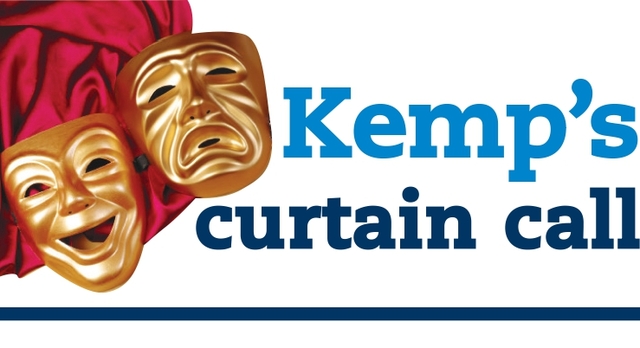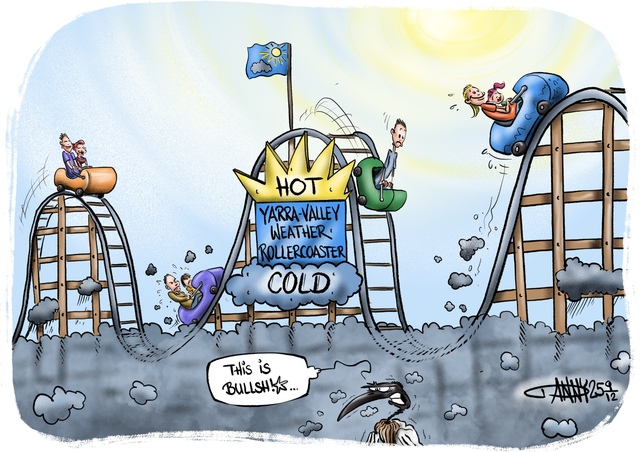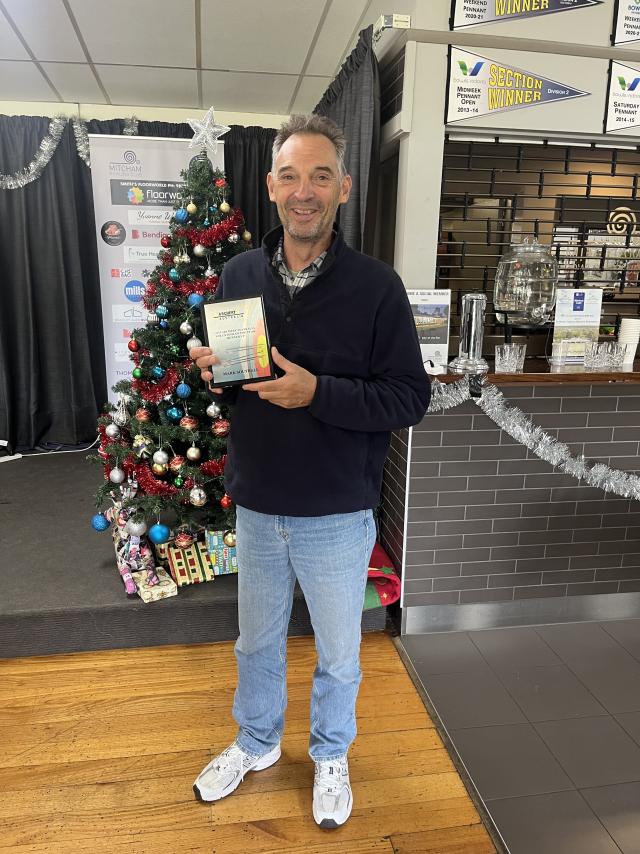Community Health First was officially launched last week in Victoria’s parliament to better support community health organisations into the future as the health crisis grows.
It brought together 24 registered independent community health services, including Lilydale based Inspiro, to the launch on Thursday 23 February.
While there are around 80 community health services across the state, these 24 independent services are not integrated within the hospital system to provide support.
Inspiro CEO Sue Sestan said during the pandemic community health services were essential in managing the Covid response from both a medical and welfare perspective.
“We assumed that after Covid, we would benefit from some of the post Covid budget, and it became pretty apparent that we missed out,” she said.
“Even though we were acknowledged, we were thanked, we cannot live on thanks alone, we actually need to be considered as part of the funding arrangements and increases that hospitals are seeing.”
While community health is currently funded by the State and Federal governments, Ms Sestan said “this initiative is about increasing our profile, making sure the community knows what we do, and why we’re so integral to the bigger picture”.
Asking for an increase in funding to cover the rise in the cost of service delivery and wage increases, Ms Sestan said it “will decrease further risks of access to health care for the community”.
“We don’t have funds that just sit in reserves and most of the 24 independent community health services are in that situation.
“We’re constantly having to seek funding because the nature of our funding is short term. We’re not guaranteed anything. It’s all contractual.”
Representing Inspiro and speaking at the launch on Thursday, Community Advisory Group Chair Hamish Russell said while a health organisation, Inspiro is mostly about community.
“Our service is very closely identified with our community and that is an extraordinarily important thing, it’s a thing that doesn’t happen in tertiary health, they can’t, it’s not possible for them to have individual connection with a particular community,” he said.
“Because its sole focus is local, it has the capacity to quickly respond to disasters…and that’s where many people have their first contact with a community health service.”
Whether it be after floods, fires, storms or a pandemic, Mr Russell said community health can provide immediate support to members of the community.
Because of the limited knowledge of community health organisations, Mr Russell said it can be assumed that people don’t “realise how fragile those community health services are”.
Another driving force behind the initiative is the conversation around hospital wait times and the pressure being put on emergency departments.
“The reason why the system finds itself in the current situation is because it actually doesn’t focus on early intervention and early access to services,” Ms Sestan said.
“That’s really where we come in, we can prevent people needing hospital support and in many instances even admission.”
Ms Sestan said the situation is not one that can be fixed quickly, with a lack of GPs and the broader primary care system suffering, but there is an option to take advantage of the community health sector that is capable, ready and willing to help.
Cost wise, Ms Sestan said, it’s also more beneficial to reduce presentations to emergency departments because currently it costs around $400 to present and $650 for an admission per patient.
The initiative has received the backing of esteemed physician and journalist Dr Norman Swan, as well as parliamentary secretary for health infrastructure Tim Richardson who both spoke at the launch on Thursday.
Hopeful that from this community health organisations can become more of a complementary service to the hospital system rather than a standalone, it can also have a domino effect down the line.
“We’ve got a strong connection with our community, and we are well placed to respond to the current crisis of our healthcare system.
“The Yarra Ranges doesn’t have much infrastructure, so it’s important Inspiro, Eastern Health and others work together to make sure we capitalise on what already exists and work towards improving what we’ve got.”
For Mr Russell who has been part of the community health system for decades, ensuring its longevity is of high importance.
“As a consumer and as a member of the community, I’m enormously proud of our service, it fills an incredibly important role and my hope is that our service can continue to play this vital role in addressing emerging health issues,” he said.
“What community health may be in the next decade may be different to what it was but let’s hope it’s still there.”







